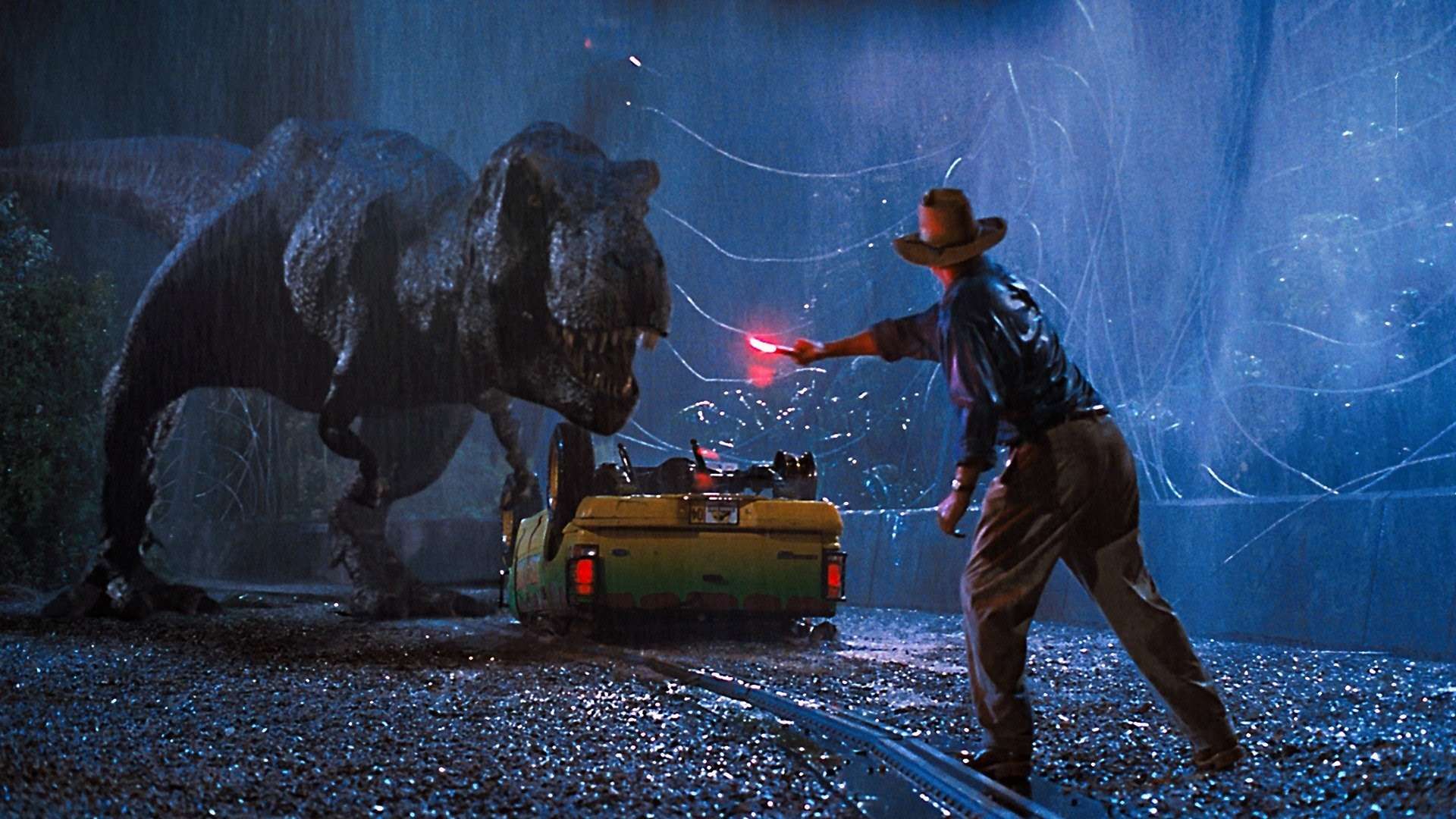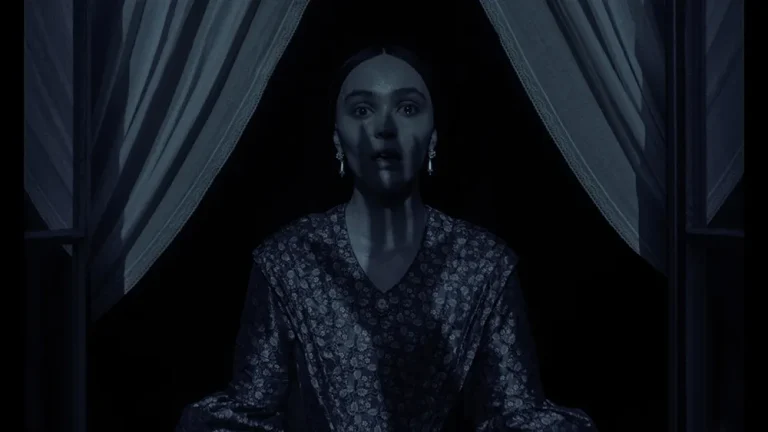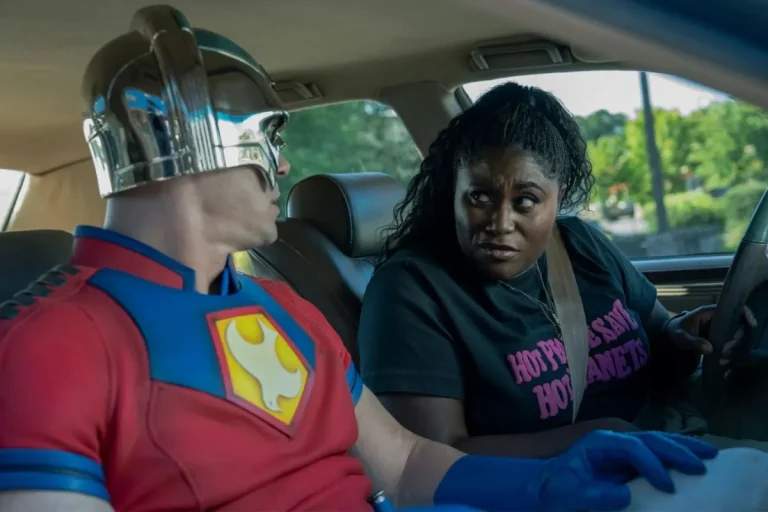For many of us, Jurassic Park is a thrilling cautionary tale about humanity overstepping its bounds. The dinosaurs, as avatars of nature’s unpredictability, warn us against meddling with forces we don’t understand. But a fascinating theory shared by Redditor u/djjrhdhejoe offers a fresh perspective: Jurassic Park isn’t just about dinosaurs—it’s a reflection of 1990s anxiety about computers and humanity’s uneasy reliance on technology.
This theory posits that the film’s real antagonist isn’t the dinosaurs, but the park’s flawed computer systems and the hubris of those who rely on them. As u/djjrhdhejoe writes: “Hammond is just as incapable of controlling computers (on which his whole park critically relies) as he is of controlling the dinosaurs.” This interpretation reframes the film as an exploration of humanity’s fear of losing control in a world increasingly dependent on technology.
How Technology Drives the Chaos in Jurassic Park
The park’s collapse begins not with rampaging dinosaurs, but with Dennis Nedry’s sabotage—a betrayal rooted in Hammond’s overconfidence in both his technology and his ability to control others. Nedry, portrayed as the archetypal 90s “computer guy,” represents a deeper societal fear of insiders whose mastery of technology gives them disproportionate power. His actions turn the park’s state-of-the-art systems into its greatest liability, showing how fragile these systems are when poorly understood or maintained.
This idea resonates with the 1990s digital era, when emerging technologies like computers promised to revolutionize the world but were often misunderstood or mistrusted. As u/UndoxxableOhioan points out: “The computers are just what people think is a means of control. The people are what fails.” In this sense, the park’s downfall stems from the characters’ inability to respect either the unpredictable forces of nature or the complexities of their own creations.
The Climax: A Triumph Over Technology
Unlike most disaster films, Jurassic Park doesn’t end with a decisive victory over the external threat—in this case, the dinosaurs. Instead, the climax hinges on reclaiming control of the computer systems. Lex, a tech-savvy teenager, saves the day with her understanding of a UNIX system—a moment that symbolizes the next generation’s potential to embrace and manage new technology in ways their predecessors could not.
As u/djjrhdhejoe explains: “The movie climaxes not with a victory over the dinosaurs, but a victory over the computer.” This shift in focus emphasizes the film’s underlying message: while technology can be empowering, it’s dangerous to rely on tools we don’t fully understand.
Where the Computer Theory Meets Resistance
While this computer-centric interpretation is compelling, it’s important not to overlook the film’s broader themes. As Redditor u/Osric250 notes: “No amount of technology can prevent unforeseen issues from occurring, and once you start including nature, the simple unpredictability… shows just how badly that can become.”
The chaos in Jurassic Park isn’t just a failure of technology but of human arrogance. Hammond and his team believe they can control the uncontrollable, whether it’s nature or their own technological creations. This tension is even more explicit in Michael Crichton’s novel, where the park’s motion sensors fail to detect extra dinosaurs because they’re programmed with a flawed assumption. The technology works as designed—it’s the humans behind it who fail.
Why This Theory Matters
This Reddit theory reframes Jurassic Park as a parable for our relationship with technology, making it just as relevant today as it was in 1993. It reminds us of the importance of understanding and respecting the tools we create, while also acknowledging their limits. As u/UndoxxableOhioan succinctly puts it: “The computers are just what people think is a means of control. The people are what fails.”
Ultimately, Jurassic Park is about balance. It warns us to respect the chaos of nature, embrace the potential of technology, but never lose sight of our own limitations. That’s what makes the film a timeless classic—not just its dinosaurs, but its layered exploration of humanity’s ongoing struggle to coexist with the chaos we both fear and create.
Also, Read – All Jurassic Park Movies Ranked From Worst to Best
By viewing the film through this lens, we’re reminded that Jurassic Park isn’t just a cautionary tale about cloning—it’s a story about us, our creations, and the delicate balance between control and chaos.







